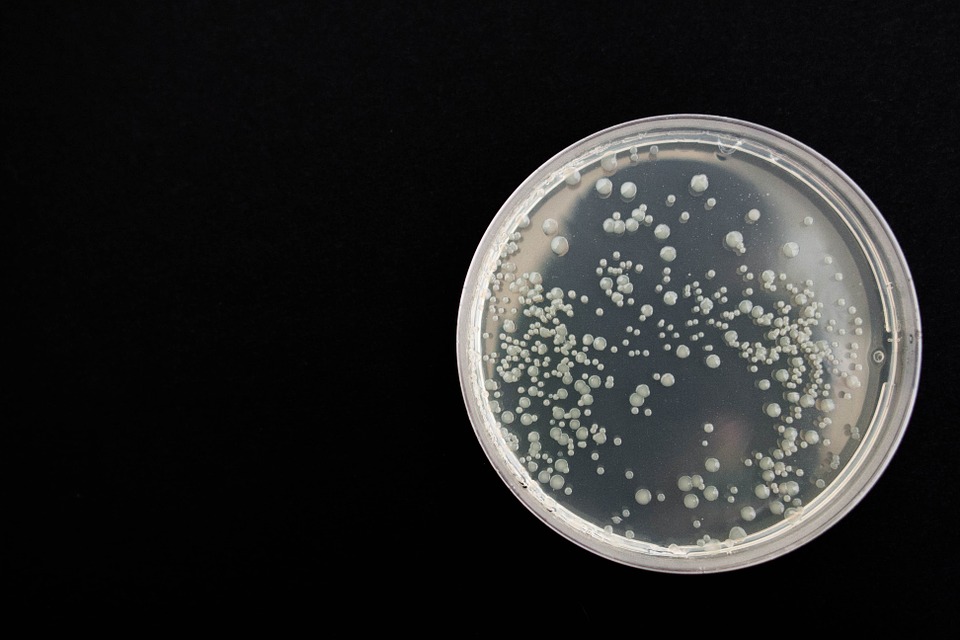Do you really know how clean your work desk is? On a bacterial level, could your desk kill you? Vincenzo Ferrara finds out more…
We spend on average a staggering 90,000 hours in our life time at work. It has become more common than ever for people to work at an office, sat at a desk for most of the day. But, do you know how clean your desk is?
According to research conducted by The Naked Scientists and Dr Adam Roberts, microbiologist, University College London the results might surprise and disgust you.
The experiment was simple; find three places around the office to take a swab, send them to the UCL labs to get tested for bacteria growth and analyse the results.
Before we go into any more detail, the office used is very clean and tidy. To the natural eye, you’d struggle to see any mess, but, on a micro bacterial level, the story was very different.
The three swabs taken were:
- Swab one: A desk top
- Swab two: A keyboard spacebar (Used in a hotdesking space)
- Swab three: The same keyboard as above but using the letter ‘J’
Over the next few days in laboratory conditions the swabs were fed agar, bacteria food. The results were grim.
All three plates had grown furry stuff on top and one looked as though it had been sneezed on. All three, looked completely different to each other.
The most shocking of the results came from swab three, which contained ampicillin, an antibiotic resistant bacteria. Potentially very dangerous if it gets into your body.
To see the full results of the experiment please visit The Naked Scientists website.
But, what can we take from these results for the rest of us? Well, it’s difficult to stomach that some seriously dangerous bacteria could be living on your desk. It’s between the keys on your keyboard, on the screen of your smartphone and on the pen you use to write with.
So, is it time to set your desk and everything you own on fire?
Not yet, when you take into account that for the experiment, the bacteria was fed and grown. In most desks the amount is microscopically small and hopefully not as dangerous as some of the results shown.
For the standard office, covering the basics, is enough for most people to stay fit and healthy:
- Keep your desk space tidy and make sure you don’t have too much clutter. The more clutter left on the desk, the higher the risk of bacteria growing.
- Clean your desk space regularly. It’s not enough to just tidy but get the polish out, use a few anti-bacterial wipes on the keyboard, mouse and other regularly used items.
- Don’t eat at your desk. Dining at our desks is both bad for productivity and for your health but will the idea of those crumbs of food growing bacteria around your working space make you finally consider kicking the habit? We certainly hope so.
- Use tissues. It sounds like a simple fact and one I know many of you have known since you were a child, but using a tissue when you sneeze or covering your month when your cough, stops the spread of germs and bacteria.
- Wash and clean your hands. This is another childhood lesson that so many people ignore. You use your hands a lot during a working day, from typing to handshakes, touching money to using the toilet. With so many different germ filled items constantly being used by your hands, the best way to keep yourself fit and healthy is to wash your hands regularly. A quick and easy way to do this at your desk is to get some anti-bacterial hand gel and use it regularly during the day.
We hope that by following our top tips, you manage to keep yourself and your desk space a lot more healthy. We wouldn’t advise, never touch your work space again, as this would make working very difficult.
If you have any more tips on how to keep your workspace clean and tidy, please contact us at v.ferrara@forumevents.co.uk or on PA Life Twitter.












